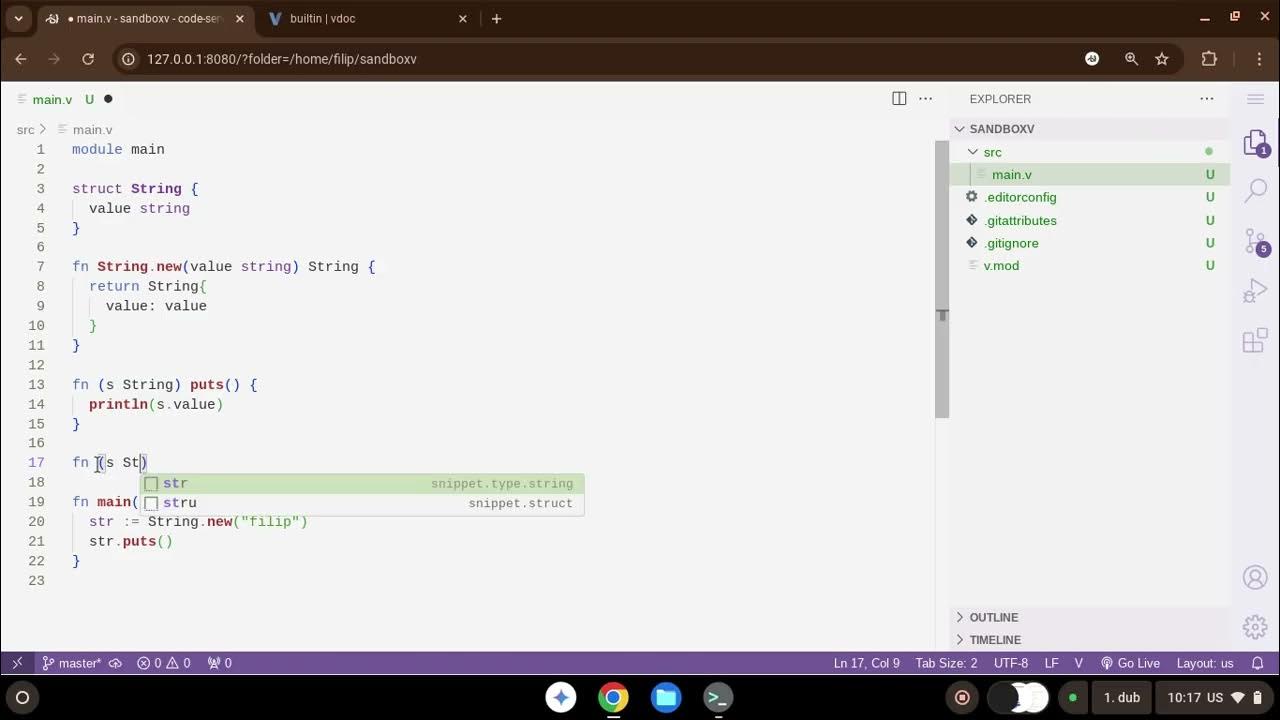FUNCTIONAL-NOTIONAL APPROACH
Summary
TLDRRainis As discusses the functional notional approach to language teaching, highlighting its history starting with David Wilkins' work in the 1970s. This approach focuses on communicative functions and notions, organizing language teaching around these concepts. It emphasizes learner-centered language use, authentic assessment, and five functional categories: personal, interpersonal, directive, referential, and imaginative. The method aims to teach language as a communicative tool rather than a set of grammar rules.
Takeaways
- 📚 The functional notional approach was pioneered by British linguist David Wilkins in 1972, advocating a shift from traditional grammar and vocabulary to communicative meanings.
- 🌐 Wilkins' work influenced the Council of Europe's communicative language syllabus, focusing on the functions necessary for effective communication.
- 📚 The approach categorizes language based on notions (concepts or ideas) and functions (communicative acts like requests, offers, apologies).
- 🗣️ Notions can be specific (like 'dog') or general (like 'time'), and are influenced by the function, elements in the situation, and the topic.
- 🎯 Functions are communicative acts such as suggesting, promising, apologizing, and inviting, which are expressed through various language forms.
- 🏞️ Situations encompass elements like participants, place, time, and the topic of conversation, affecting language variation.
- 💬 Exponents are utterances that express a function, situation, or topic, and can vary in formality and mode of expression.
- 🔠 The 'code' refers to the shared language of a community, with 'code switching' being the change in language during a speech act.
- 📊 The functional notional approach is assessed through authentic assessment, focusing on students' application of language in real-life contexts.
- 🔑 It emphasizes a learner-centered view, authentic language use, and focuses on the communicative purposes of speech and the functions of language in daily life.
- 🔍 Criticisms include the difficulty in ordering functions, the wide range of grammatical structures needed, and challenges at higher levels of language learning.
Q & A
Who is credited with proposing the functional notional approach to language learning?
-British linguist David Wilkins is credited with proposing the functional notional approach to language learning.
In what year did David Wilkins publish the document that initiated the functional notional approach?
-David Wilkins published the document that initiated the functional notional approach in 1972.
What was the main idea behind the document published by David Wilkins in 1972?
-The main idea was to shift away from traditional grammar and vocabulary and focus on communicative meanings for language learners.
How did the Council of Europe utilize Wilkins' work in language learning?
-The Council of Europe used Wilkins' work to draw up a communicative language syllabus specifying the communicative functions learners need for effective communication.
What is the primary focus of the functional notional approach to language teaching?
-The primary focus is on organizing a language syllabus based on communicative situations and breaking down the global concept of language into units of analysis.
Define the term 'notion' in the context of the functional notional approach.
-A 'notion' is a meaning element that may be expressed through various parts of speech and can be specific or general, often overlapping with the concept of topics.
What is a 'function' in the functional notional approach?
-A 'function' is a communicative act, which is the use of language to achieve a purpose, such as making requests, suggesting, promising, apologizing, and inviting.
How does the 'situation' element influence language use in the functional notional approach?
-The 'situation' element affects variations of language such as the use of dialects, formality or informality, and the mode of expression, including who is involved, the place, time, and the topic or activity being discussed.
What are 'exponents' in the context of the functional notional approach?
-Exponents are language utterances or statements that stem from the function, situation, and topic, forming the language forms speakers use to express messages or indicate social roles and formality.
What is 'code' in the functional notional approach?
-'Code' refers to the shared language of a community of speakers, and it can involve code switching, which is a change or switch in code during the speech act.
How is the functional notional approach assessed?
-It is best assessed using authentic assessment, where students are evaluated on how they apply the language and show functions in their written and oral outputs.
What are the five functional categories of language mentioned in the script?
-The five functional categories of language are personal, interpersonal, directive, referential, and imaginative.
What is the criticism regarding the order of presentation in the functional notional approach?
-One criticism is the difficulty in deciding the order in which different functions should be presented, as well as the wide range of grammatical structures needed for basic functions at different levels of formality.
What are the advantages of the functional notional approach according to the script?
-The advantages include communicatively useful expressions, a focus on communication, and suitability for beginners, emphasizing the communicative purpose of speech based on meaningful behavior in context.
Outlines

Cette section est réservée aux utilisateurs payants. Améliorez votre compte pour accéder à cette section.
Améliorer maintenantMindmap

Cette section est réservée aux utilisateurs payants. Améliorez votre compte pour accéder à cette section.
Améliorer maintenantKeywords

Cette section est réservée aux utilisateurs payants. Améliorez votre compte pour accéder à cette section.
Améliorer maintenantHighlights

Cette section est réservée aux utilisateurs payants. Améliorez votre compte pour accéder à cette section.
Améliorer maintenantTranscripts

Cette section est réservée aux utilisateurs payants. Améliorez votre compte pour accéder à cette section.
Améliorer maintenantVoir Plus de Vidéos Connexes

Teaching literature in the language classroom: a historical overview

4.1 Didactic Literacy Pedagogy: An Overview

Pêcheux Vive - Episódio 1 - Maria Cristina Leandro Ferreira

جلسه اول - دوره آموزش زبان برنامه نویسی C | سطح مقدماتی - متوسط

6.1 Functional Literacy Pedagogy: An Overview

Vlang a pragmatický přístup programování
5.0 / 5 (0 votes)
